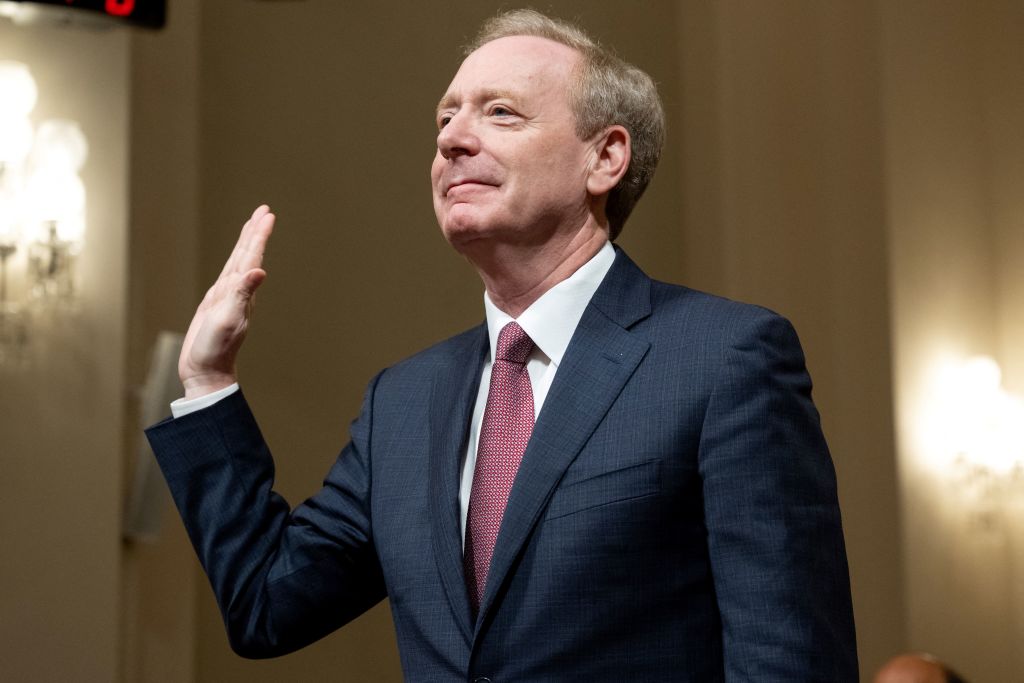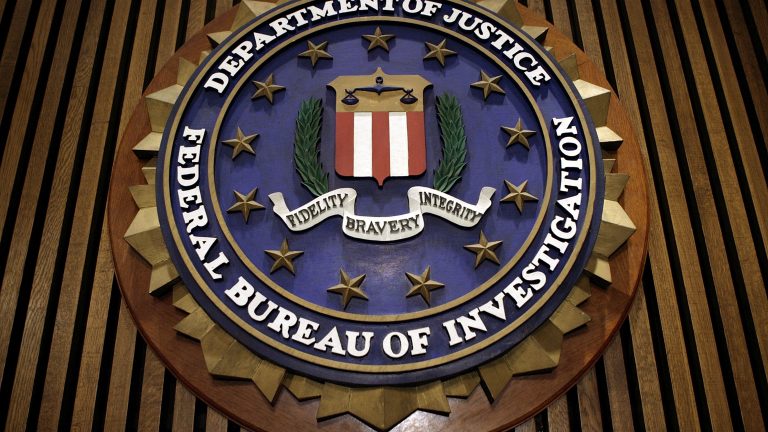Microsoft is pivoting its company culture to make security a top priority, President Brad Smith testified to Congress on Thursday, promising that security will be "more important even than the company’s work on artificial intelligence."
Satya Nadella, Microsoft's CEO, "has taken on the responsibility personally to serve as the senior executive with overall accountability for Microsoft’s security," Smith told Congress.
His testimony comes after Microsoft admitted that it could have taken steps to prevent two aggressive nation-state cyberattacks from China and Russia.
According to Microsoft whistleblower Andrew Harris, Microsoft spent years ignoring a vulnerability while he proposed fixes to the "security nightmare." Instead, Microsoft feared it might lose its government contract by warning about the bug and allegedly downplayed the problem, choosing profits over security, ProPublica reported.
This apparent negligence led to one of the largest cyberattacks in US history, and officials' sensitive data was compromised due to Microsoft's security failures. The China-linked hackers stole 60,000 US State Department emails, Reuters reported. And several federal agencies were hit, giving attackers access to sensitive government information, including data from the National Nuclear Security Administration and the National Institutes of Health, ProPublica reported. Even Microsoft itself was breached, with a Russian group accessing senior staff emails this year, including their "correspondence with government officials," Reuters reported.
"We acknowledge that we can and must do better," Smith told Congress today, according to his prepared written testimony. "As a company, we need to strive for perfection in protecting this nation’s cybersecurity. Any day we fall short is a bad day for cybersecurity and a terrible moment at Microsoft."
To reinforce the shift in company culture toward "empowering and rewarding every employee to find security issues, report them," and "help fix them," Smith said that Nadella sent an email out to all staff urging that security should always remain top of mind.
“If you’re faced with the tradeoff between security and another priority, your answer is clear: Do security," Nadella's email said. "In some cases, this will mean prioritizing security above other things we do, such as releasing new features or providing ongoing support for legacy systems.” To ensure everyone's on board, Microsoft has also started tying executives' salary to meeting security goals.


 Loading comments...
Loading comments...
